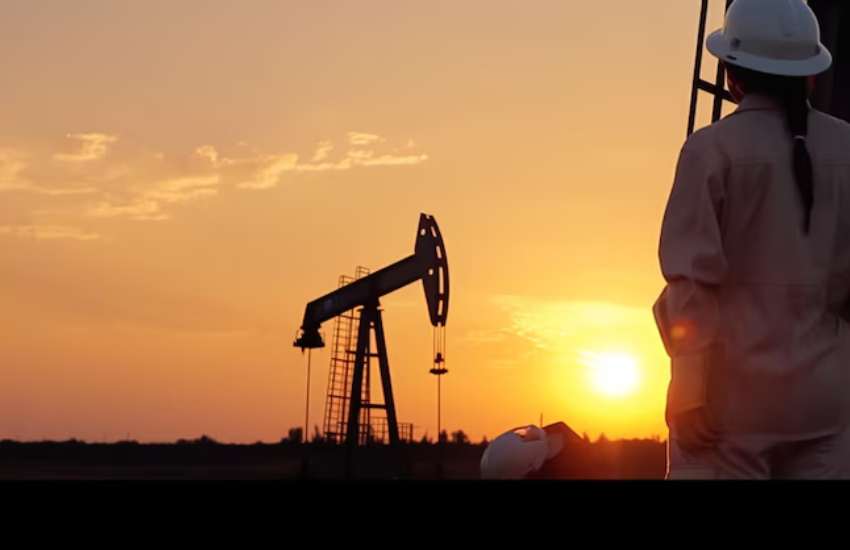As the energy world sprints toward decarbonisation and renewable solutions, it’s tempting to believe traditional fuels like heating oil will fade quietly into obsolescence. Yet, the reality paints a very different picture. Heating oil—often dismissed as outdated—continues to evolve and adapt in ways that secure its place in the energy equation of tomorrow. In fact, by 2030, heating oil won’t be a relic of the past—it will be a strategic part of the future.
So, what’s driving its lasting relevance? The answer lies in a mix of practical realities, technological innovation, and energy system gaps that aren’t going away anytime soon.
1. Heating Oil Is the Backbone of Rural Energy
Picture a country cottage tucked away in the hills of Cumbria or a farmhouse on the outskirts of Donegal. For millions of people across the UK, Ireland, and parts of Europe and North America, mains gas is simply not an option. The infrastructure isn’t there—and won’t be any time soon.
By 2030, the cost and complexity of installing alternative heating systems—like air-source heat pumps—will remain prohibitively high for many off-grid households. Heating oil, on the other hand, is already part of the landscape. It works, it’s efficient, and it keeps homes warm in even the harshest winters. Sometimes, progress doesn’t mean replacing what works. It means making it better.
2. Heating Oil Is Getting Cleaner – Quietly and Consistently
One of the most misunderstood aspects of heating oil is that it’s static. In truth, the industry has made huge strides in emissions reduction. Modern oil boilers are already more than 90% efficient, and the fuel itself is undergoing a transformation.
Bio-heating oils, particularly those based on HVO (Hydrotreated Vegetable Oil), are already available and growing in uptake. Unlike fossil-derived kerosene, HVO is made from waste fats and oils and can reduce carbon emissions by up to 90%. And the best part? Most existing oil heating systems can be adapted to run on it with minimal cost and effort.
This quiet revolution is unfolding far from the headlines—but it’s real, and by 2030, it will be a defining part of heating oil’s continued relevance.
3. Energy Transition Requires More Than One Path
It’s easy to get caught up in the promise of solar panels, heat pumps, and hydrogen-ready boilers. But here’s the thing: the transition to clean energy is not a one-lane road. It’s a multi-route journey, and heating oil is one of the paths that leads us forward.
Renewable technologies will undoubtedly form the backbone of future energy systems, but they’re not plug-and-play solutions for everyone. Old stone houses with poor insulation, limited internal space, or shaded roofs can’t all accommodate new tech. Heating oil offers an energy security net, especially during the colder months when other systems struggle to keep up.
4. Reliability Still Matters in an Unpredictable World
The last few years have taught us that energy markets can be volatile. Between global supply chain shocks, political instability, and fluctuating demand, relying on grid-based energy is no longer as secure as it once seemed.
Heating oil offers homeowners something increasingly rare: control. You store it on-site, buy when prices dip, and use it when you need it. In uncertain times, that kind of autonomy isn’t just a luxury—it’s a lifeline. By 2030, energy resilience will be as valuable as sustainability, and heating oil brings both to the table in ways other systems can’t always match.
5. Upgrades, Not Overhauls: A Sensible Path Forward
One of the key advantages of heating oil is that it doesn’t require a full-system overhaul to improve sustainability. Most existing oil boilers can be upgraded or retrofitted to work with low-carbon fuels. Compare that with the cost of ripping out radiators, insulating an entire property, or installing a heat pump with an expensive external unit—and the appeal becomes clear.
Heating oil offers a pragmatic, step-by-step path to decarbonisation. It allows homeowners to participate in the green transition without being priced out or forced into disruptive renovations. That inclusivity will keep oil relevant in a world where not everyone can afford to go green overnight.
6. The Industry Isn’t Sleeping—It’s Strategising
Unlike what some might assume, the heating oil industry isn’t resisting change. It’s preparing for it. Industry bodies like OFTEC and UKIFDA are deeply involved in trials, campaigns, and policy discussions aimed at rolling out renewable liquid fuels across the UK.
Projects like the Future Ready Fuel campaign are already proving that bio-liquids are a scalable solution. By 2030, it’s likely that many homeowners using heating oil today will have transitioned to low-carbon liquid fuels, without even changing their heating systems dramatically.
This adaptability—rare among traditional fuels—is one of the key reasons heating oil remains a future-fit option.
Final Thought: Progress Isn’t Always About Reinvention
The energy future won’t be built on hype alone. It will require balance, reliability, and a grounded understanding of real-world constraints. Heating oil isn’t perfect, but it is practical, evolving, and accessible—qualities that will matter even more in 2030 than they do today.
Instead of seeing it as an obstacle, it’s time to recognise heating oil as a willing participant in the energy evolution—ready to adapt, prepared to support, and crucial to a just transition.
 :
https://www.pinterest.com/compassenergy65/
:
https://www.pinterest.com/compassenergy65/

